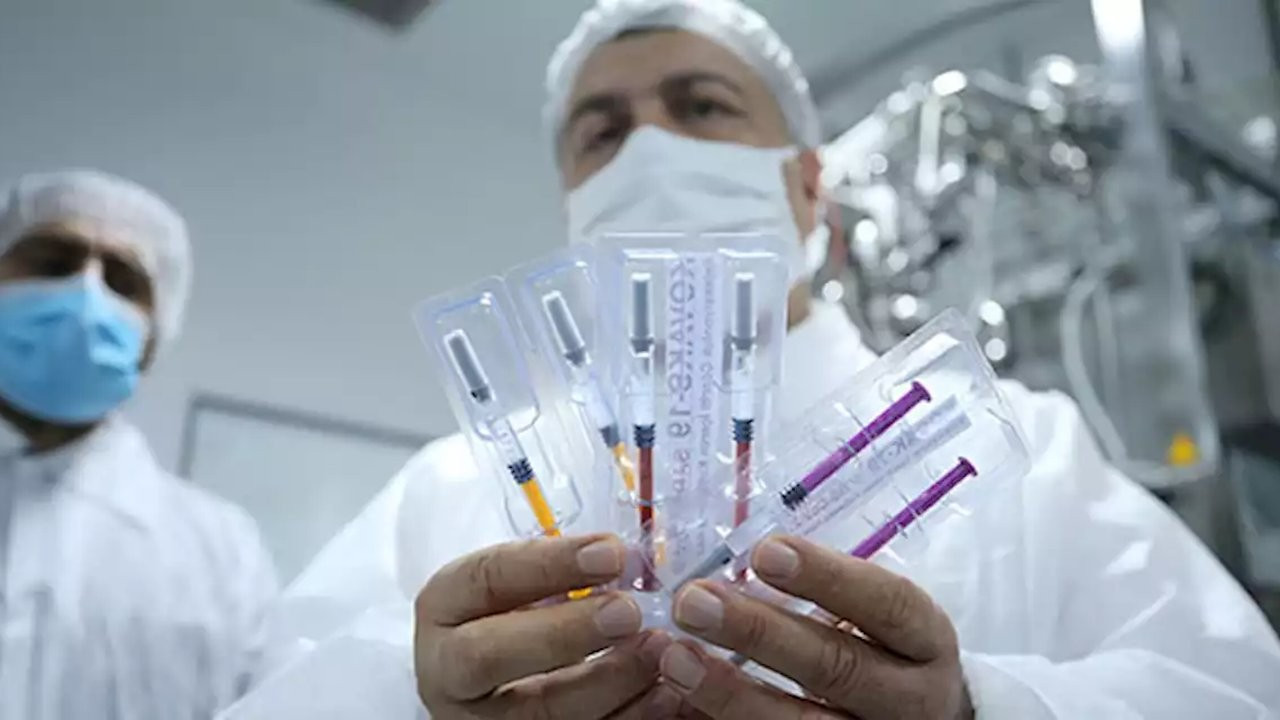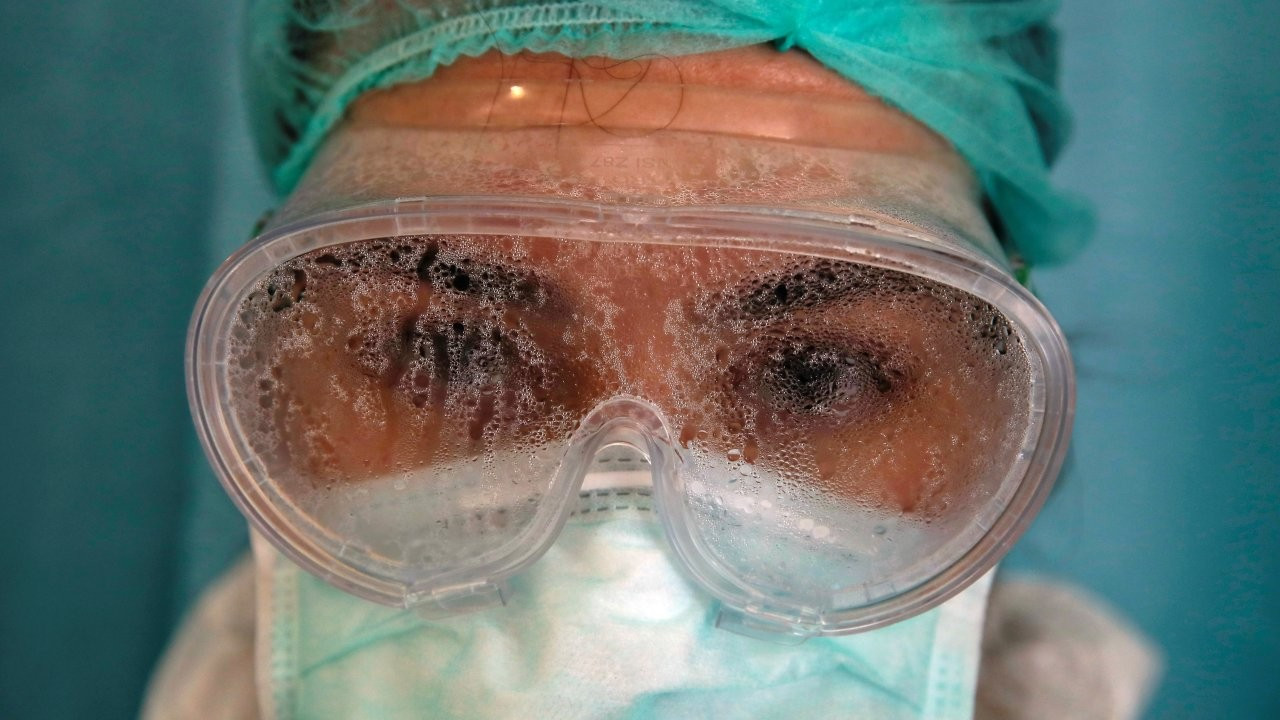Turkey becomes country with third highest number of daily COVID-19 cases after change in reporting figures
Turkey on Nov. 25 became the country with the third highest number of new coronavirus cases, after the Health Ministry resumed publishing all positive cases, including asymptomatic ones. The country recorded 28,351 new COVID-19 cases in the last 24 hours, including 6,814 with symptoms.
Duvar English
Turkey on Nov. 25 became the country with the third highest number of new coronavirus cases, after Ankara resumed publishing all positive cases, including asymptomatic ones.
The country recorded 28,351 new COVID-19 cases in the last 24 hours, including 6,814 with symptoms, Health Minister Fahrettin Koca said on Nov. 25, the first time since July Ankara has included asymptomatic cases in the total.
#BREAKING - Turkey became the 3rd country with most new cases of COVID-19 over the past 24 hours, after announcing 28,351 new cases.
— Coronavirus ☣️ Turkish Agency (@CoronaTurkeyEN) November 25, 2020
1- USA: 48,658 (+)
2- India: 35,947
3- Turkey: 28,351
4- Italy: 25,853
5: Russia: 23,675
The total was by far the highest reported by the government since the outbreak began. The previous daily high, which only included symptomatic cases, was 7,381, recorded on Nov. 24.
Ankara had only been reporting symptomatic cases since the summer, which critics said masked the true scale of the outbreak.
During a news conference following a meeting of the Coronavirus Science Committee, Koca unexpectedly said Ankara would begin announcing the total numbers.
"In line with requests from our people, we plan on including positive cases that do not show symptoms in the daily table," he said, adding that around 80 percent of people who test positive were asymptomatic or lightly symptomatic.
Health Ministry data on Nov. 25 showed 168 people had died due to COVID-19 in the last 24 hours, the most since the beginning of the outbreak, raising the death toll to 12,840.
Heavier restrictions might be on way depending on course of pandemic, minister warns
The minister said that if people do not follow the measures resolutely, heavy restrictions would be inevitable in upcoming days. Asked if the Coronavirus Science Committee will advise the government to implement tighter measures, Koca said that the decision will be taken next week depending on the course of the pandemic.
"The restrictions started last weekend. It would be possible to see their effects in two weeks on average. Therefore, it is early to make an evaluation. We will see how the restrictions had an effect on the course of the pandemic next week," Koca said.
Last week, the government announced tighter restrictions in the fight against the virus, including the introduction of weekend partial curfews and limitations on the opening hours of restaurants, cafes, and shopping malls.
15 provinces register 50 percent increase in COVID-19 cases
The minister said that almost every Turkish province has recently registered an increase in COVID cases. "The number of cases has increased by 50 percent in 15 provinces over the last week," Koca said.
Istanbul and the western provinces of Kocaeli, Bursa and İzmir, are now going through a third wave of the virus, said Koca, adding that intensive care unit (ICU) bed occupancy rate of hospitals in these four provinces has exceeded 70 percent.
"Our hospitals are putting an effort to manage the high patient numbers, but there is a limit to every capacity. In some of the hospitals, there is a problem with intensive care units," he said.
Turkey signs 50 mln dose COVID-19 vaccine deal with China's Sinovac
Separately, Koca said Turkey had signed a contract to buy 50 million doses of COVID-19 vaccine from China's Sinovac Biotech Ltd.
"We have signed a contract for 50 million doses of vaccines to be delivered in the months of December, January and February," Koca said.
"The important thing here for us to start using vaccines which are known to be effective and reliable. ... I think the vaccination calendar could start on Dec. 11."
Sinovac's experimental COVID-19 vaccine CoronaVac triggered a quick immune response, but the level of antibodies produced was lower than in people who had recovered, preliminary trial results showed.
CoronaVac and four other experimental vaccines developed in China are in late-stage trials to determine their effectiveness.

 Turkey develops first local vaccine at international standardsHealth
Turkey develops first local vaccine at international standardsHealth Turkey to buy 20 million COVID-19 vaccine doses from China, also talking to PfizerCoronavirus
Turkey to buy 20 million COVID-19 vaccine doses from China, also talking to PfizerCoronavirus